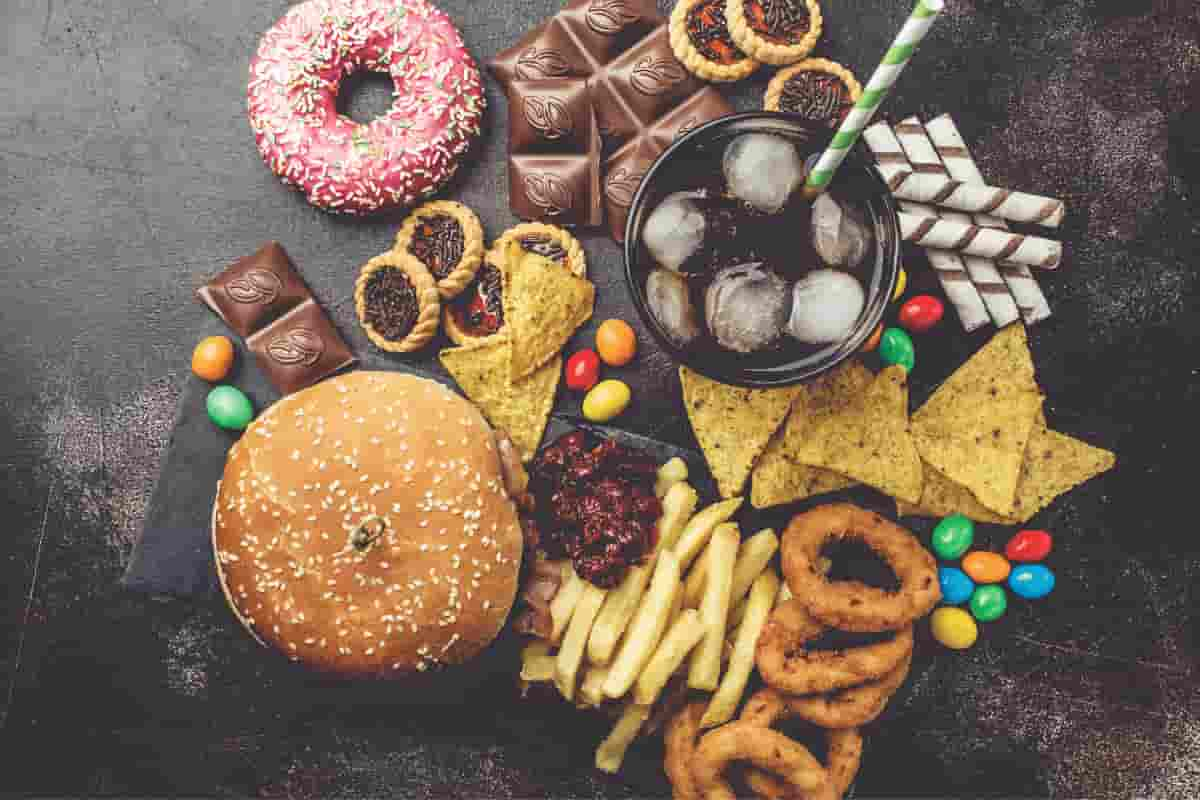Is Intuitive Eating Right for You?

For many people, aging brings weight gain that feels like it won’t budge with dieting and exercise. Cutting calories, turning down favorite foods and feeling guilty about missing a workout can feel exhausting—for many, it feels like a battle with their body.
Even though these shifts in body shape and size are normal, they can impact your body image and self-confidence. One study found that over 70% of women aged 50 and over were actively trying to lose weight through unhealthy dieting behaviors.
Weight gain with aging doesn’t have to be inevitable. You also don’t have to feel like food is the enemy. Intuitive eating teaches something radical: trusting your body’s sensations and allowing yourself to enjoy your experiences with food.
Intuitive eating is not a weight loss solution, but it can lead to weight loss for some people. What it does offer for many is a way to find a more natural and less stressful relationship with food.
The Principles of Intuitive Eating
Developed by two registered dietitians, intuitive eating focuses on taking cues from your body about when, what and how much to eat. It teaches that you can trust your body to know when it is hungry or full and what foods will best nourish it at a given time.
There are no restrictions or recommendations on what should be eaten or when. It is a sustainable, anti-diet approach to eating that relies on restoring a trusting relationship with your body—or building it for the first time.
Intuitive eating is based on the following 10 principles:
1. Reject the diet mentality
Diet culture promotes the idea that we can’t trust our body to know what it needs. It teaches us that controlling what or how much we eat will cause us to lose weight. Hyperfixation on what or how much we eat can cause us to stop hearing our body’s natural sensations.
2. Honor your hunger
Trust your body to know when it needs nourishment. Ignoring hunger cues means we’re not giving our body energy when it needs it. This sets us up for overeating later once hunger is overwhelming.
3. Make peace with food
Allow yourself permission to eat any foods that you want. Restricting a particular food can cause you to develop intense cravings and potentially overeat later. Giving in only makes you feel guilty instead of satisfied. It’s an endless cycle.
4. Challenge the food police
Fight back against the voice in your head that labels specific foods as “good” or “bad,” or says that you’re a “better” person for skipping dessert. It’s okay to break these arbitrary rules and instead focus on how foods make you feel and how they support your body’s energy needs.
5. Discover the satisfaction factor
Eating is one of life’s greatest pleasures. It is okay to choose foods simply because they bring you joy.
6. Feel your fullness
Check in with your body while you’re eating. Tune in to the experience of eating and the taste of your food. When you’re present in your eating experience, your body will signal when you have gotten what you need from your meal.
7. Cope with your emotions with kindness
We often eat for reasons other than hunger, like boredom, sadness or stress. Work to find the root cause of these issues rather than using food as a temporary fix.
8. Respect your body
All bodies deserve respect, regardless of what they look like. Your genetics and life experience both influence your body size and shape—not all bodies are meant to look the same.
9. Move your body and feel the difference
Exercise can be more than a way to “burn off what you eat.” Instead of exercise being an obligation or punishment for eating, it can be something that makes you feel good. The experience of movement can be its own reward. Finding this enjoyment can make it more motivating to stay consistently active.
10. Honor your health with gentle nutrition
It is impossible to eat perfectly all the time. Instead, strive for a variety of foods that provide both nutrition and pleasure. You can do this by integrating external information, like nutrition guidelines, with our body’s cues.
What Does Intuitive Eating Do?
Research shows that intuitive eating can create positive changes in your body as well as your relationship with it.
Mental Health
Research has shown that intuitive eating can improve body image, self-esteem and well-being. It also seems to reduce dieting and disordered eating patterns, while increasing the pleasure people get from eating.
A recent study showed that menopausal women who participated in intuitive eating were less preoccupied and concerned about food and their bodies.
Physical Health
Compared to those who do not, people who practice intuitive eating:
- Tend to have a lower body mass index (BMI)
- Maintain more of their weight loss after following a traditional diet plan
- Are able to raise their levels of HDL (good cholesterol) while lowering levels of LDL (bad cholesterol)
Is Intuitive Eating Right for Me?
The benefits that intuitive eating provides to our minds and bodies are clear, but is it the right choice for you?
Intuitive eating is not designed to be a weight loss program, and many do not experience substantial weight loss when following these principles. So, intuitive eating may not be the best approach if your primary goal is significant weight loss. However, if cultivating a healthier relationship with food sounds like a breath of fresh air, intuitive eating could be a great next step in your health journey.
Sign up for more unique women’s health content
By submitting this form, you agree to the Lisa Health Privacy Policy and Terms of Use


